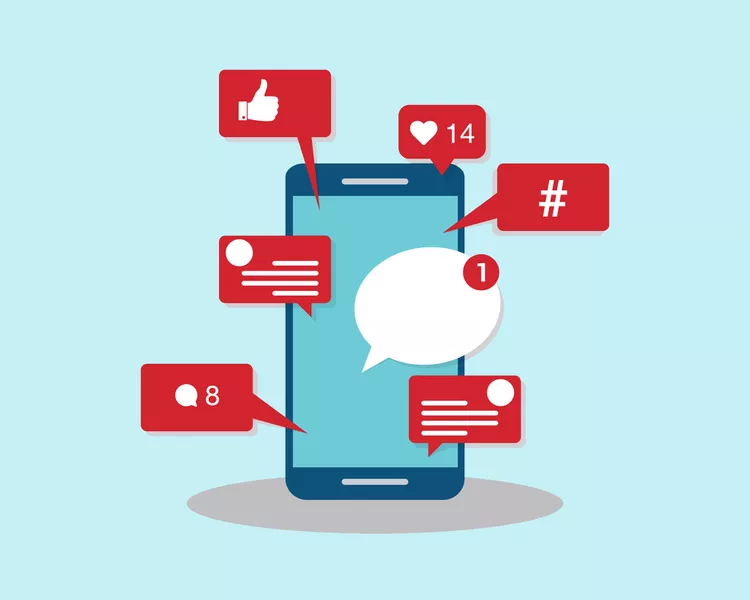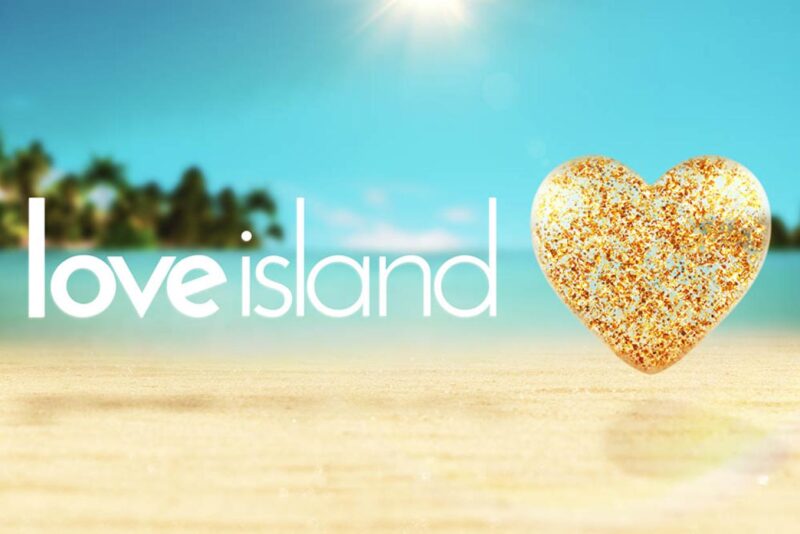07.16.25
Bachelor in Paradise Rebrand Sparks Social Backlash

Last week’s premiere of the new Bachelor in Paradise season left longtime fans doing a double take. Gone is the slow-burn romance. In its place? Fast edits, cheeky narration, and Love Island vibes. From introduction montages to tighter cuts, and a villa-style resort, the show has undergone a tonal rebrand and viewers have noticed.
Whether the change is welcome or not depends on who you ask. But what is clear is that ABC isn’t just updating show aesthetics. They are chasing a younger, more digitally native audience. The Love Island format, which has exploded in

popularity on both sides of the Atlantic, is made for social. It moves quickly, encourages micro-dramas, and offers more episodes with more frequent confessionals for more meme-worthy moments. In other words: it is content engineered for the clip economy.
The backlash has already hit. Fans took to TikTok, Reddit, and Twitter during and after the premiere to express their disappointment. One of the biggest points of contention? The intro sequence. Bachelor in Paradise’s original campy opening with its familiar theme song and five-second satirical cast member intros was an iconic part of the show’s charm. It gave viewers a sense of personality and tradition. This season, it’s gone and replaced by an overly dramatic “film-style” entrance reminiscent of Love Island. Viewers are asking: why fix what isn’t broken? And more importantly, what does removing those playful moments say about the direction of the show?
This kind of real-time critique is common in today’s social landscape, but for a legacy brand like The Bachelor, it’s especially telling. The audience isn’t just consuming the content. They’re immediately creating and reshaping its narrative online. And when a long-standing tradition is stripped away without acknowledgment, it doesn’t just disappoint. It disrupts trust. Loyal fans want evolution, yes, but not at the expense of what made them loyal in the first place.
So what does this mean for marketers and social teams? First, the audience’s reaction proves just how attuned viewers are to tone. Changing your voice, even slightly, can shift how your entire brand is perceived. While reinvention is often necessary, especially to attract new viewers or followers, doing so without anchoring to your brand’s core can create friction with loyal audiences. That doesn’t mean you should avoid change, but it does mean your messaging needs to acknowledge and guide that change intentionally.
Second, this moment underscores the power of social as a barometer. TikTok comments, Reddit threads, and replies on X offer a real-time focus group of your most invested audience. Smart brands treat those platforms not just as distribution channels but as listening tools. If your content shift isn’t landing, or is sparking unexpected conversation, you’ll see the signs early. The question is whether you’re looking for them.
Finally, Bachelor in Paradise’s rebrand is a reminder that audiences crave content that feels made for them, not at them. Love Island’s popularity doesn’t just come from its format—it comes from knowing its viewers: fast-paced, culturally fluent, and ready to participate. If a brand borrows a tone or aesthetic without truly understanding why it works, it can come off as performative rather than intentional.

Bachelor in Paradise likely won’t return to the tone or traditions that longtime fans knew and loved and for many viewers, that shift will be hard to accept. But in a fast-moving content landscape, change is almost inevitable. Brands, like shows, need to evolve to stay relevant. The challenge lies in how that evolution is handled. Inspiration is a powerful tool, but when your new direction feels too close to someone else’s playbook, it starts to blur the line between relevance and imitation. And that’s where trust starts to slip. For marketers and content teams, the lesson is clear: change can be good, even necessary, but it has to feel authentic. Your audience can tell the difference.